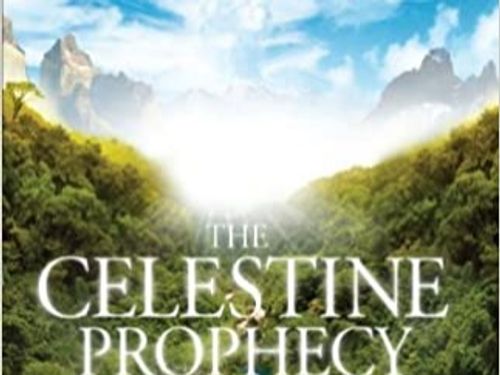Could an ancient manuscript contain the key to your destiny?
Oct 11, 2021 · 4 mins read
0
Share
Coincidences are not random
James Redfield originally self-published his seminal work, The Celestine Prophecy, in 1991. Selling copies out the boot of his car, he reached an audience of excited readers drawn to his unique combination of spirituality, social commentary and adventure.
Save
Share
100,000 sales later, Redfield was offered a publishing deal for the rights to the book by Warner. It sold 23 million copies, and spent 145 weeks on the New York Times bestseller list. The Celestine Prophecy has become one of the most beloved spirituality/self-help books ever.
Save
Share
What’s the reason for its success? Why have audiences around the world found themselves captivated by this tale of an ancient manuscript, found in the heart of the Peruvian rainforest, that promises nothing less than a global spiritual awakening?
Save
Share
Redfield weaves his story around 9 insights which offer the reader the means to furthering their own spiritual evolution. Each one is discovered through Redfield’s hero as he embarks on an epic adventure, encountering spiritual teachers and repressive religious leaders.
Save
Share
The story starts in the USA. Here, the main character meets an old friend who tells him of the manuscript and the shift in consciousness, occurring for many, as the second millennium draws to a close.
Save
Share
More people are becoming aware that their so-called coincidences aren’t random (the 1st insight). Instead, they are synchronistic – there to provide insights and encounters furthering their spiritual evolution. Excited by this idea, Redfield's hero travels to Peru to learn more.
Save
Share
Here, he meets a history professor who teaches him about ‘The Longer Now’ – the manuscript’s 2nd insight. Human evolution isn’t just about advances in technology, government and living standards. It’s also about the development of our consciousness.
Save
Share
Since 1000 AD, we’ve passed through two epochs and are just beginning to move into a third. The years 1000 to 1500 were characterised by religious dogma – the individual subject to the Church. Around 1500, this paradigm was questioned, and replaced, by a scientific approach.
Save
Share
Challenging the credibility of our religious leaders, we began to explore the world and look for ways to improve our material security. Having been successful in this mission, we’re now beginning to ask, “what’s next?”
Save
Share
The 3rd insight reveals that we are moving into a spiritual epoch. Outdated Newtonian logic – life is a series of random events – is being replaced by Einstein’s thinking – much of what we consider matter is mostly empty space with an energy pattern running through it.
Save
Share
0
